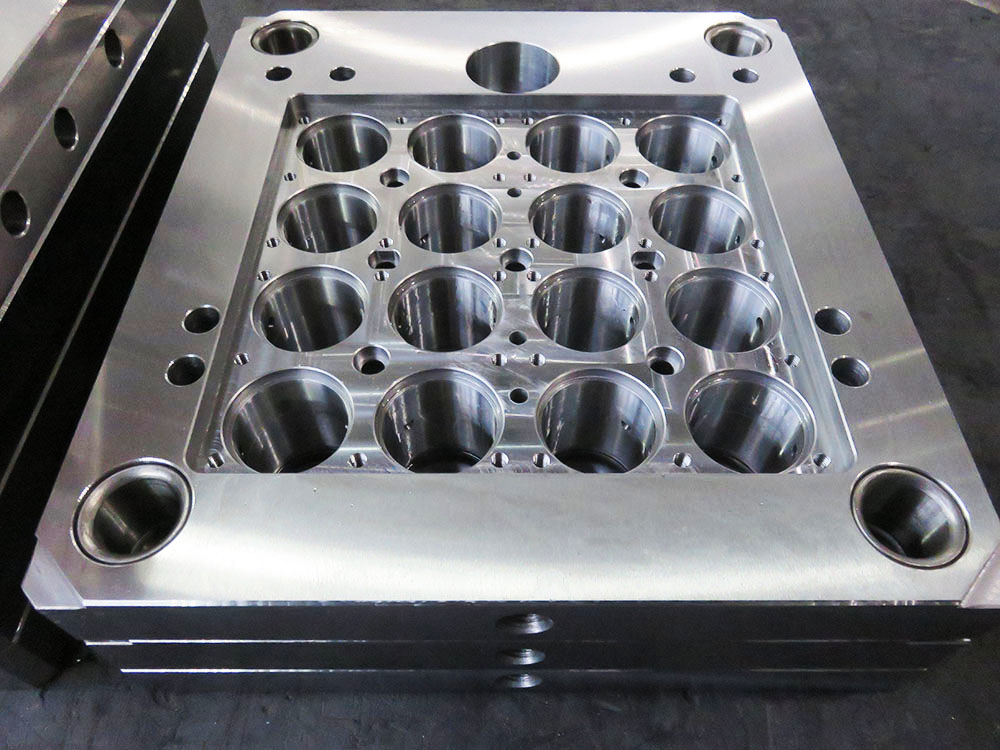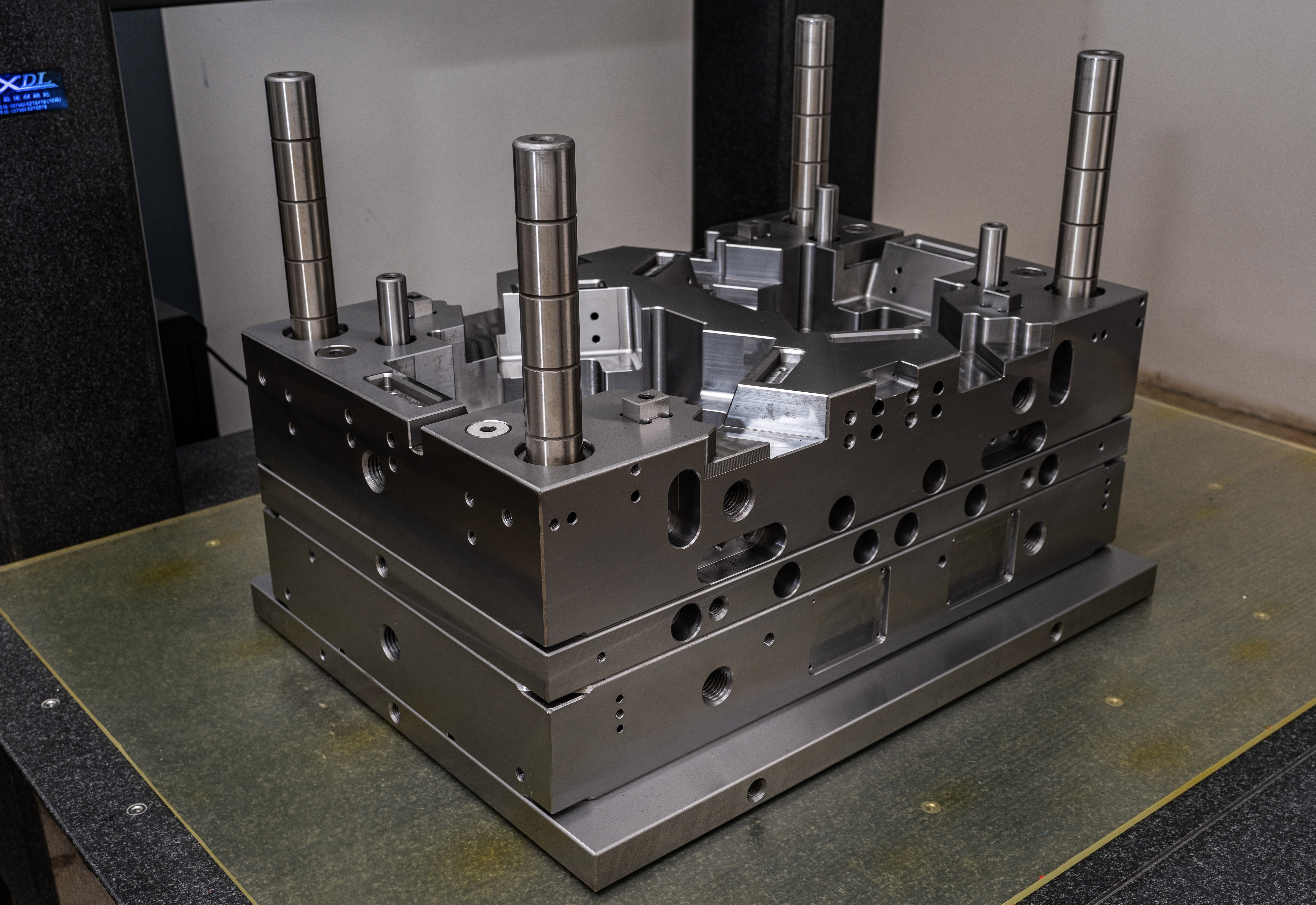The Importance of a Framework Structure Support Plan in the Mold Base Industry
In the fast-paced and competitive world of the mold base industry, efficiency and precision are key to success. One crucial element in achieving these goals is the implementation of a framework structure support plan. This plan serves as a comprehensive guide that outlines the necessary steps and strategies required to optimize the mold base process. In this article, we will delve into the significance of a framework structure support plan and its impact on the industry.
Enhanced Organization and Workflow Efficiency
A well-designed framework structure support plan provides a clear roadmap for all involved stakeholders in the mold base industry. By establishing established guidelines and procedures, this plan enhances organization and workflow efficiency. With defined roles and responsibilities, teams can work together seamlessly, reducing the chances of miscommunication or duplication of efforts.
This organized approach allows for streamlined processes, resulting in improved productivity and reduced project timelines. By implementing a framework structure support plan, manufacturers can effectively manage their resources, ensuring that every step in the mold base process is scheduled and executed efficiently.
Heightened Precision and Quality Control
Precision is of utmost importance in the mold base industry. Any errors or inaccuracies can result in costly reworks and delays. A framework structure support plan aids in maintaining high levels of precision throughout the entire process.
By clearly defining quality control measures and checkpoints, manufacturers can ensure that each component of the mold bases meets the required specifications. Regular inspections and assessments can be included within the plan to identify any potential issues before they escalate.
Moreover, a framework structure support plan enables manufacturers to track and record any modifications or changes made during the mold base production. This not only assures the quality of the final product but also enables better traceability and accountability in the overall process.
Optimized Cost Management
In the mold base industry, cost optimization is a critical factor for success. By implementing a framework structure support plan, manufacturers can effectively manage their expenses and reduce wastage.
The plan allows for a detailed analysis of various cost factors, such as raw materials, labor, and equipment. By accurately estimating the budget required for each project, manufacturers can make informed decisions and allocate resources accordingly.
Additionally, the plan can include strategies for risk assessment and mitigation. By identifying potential risks and developing contingency plans, manufacturers can minimize any financial setbacks or interruptions in the mold base process.
Continuous Improvement and Adaptability
A well-structured framework support plan fosters a culture of continuous improvement within the mold base industry. It encourages manufacturers to assess their existing processes regularly and identify areas for refinement.
By incorporating feedback from various stakeholders, such as customers and employees, into the plan, manufacturers can adapt their strategies and enhance their overall performance. This adaptability enables companies to stay ahead of the competition and meet the evolving demands of the market.
Conclusion
In conclusion, a framework structure support plan is essential for the mold base industry to thrive in a highly competitive market. It provides a clear roadmap, enhances organization and workflow efficiency, ensures precision and quality control, optimizes cost management, and promotes continuous improvement and adaptability. By implementing such a plan, manufacturers can streamline their processes, minimize risks, and deliver high-quality mold bases that meet the requirements of their customers.




